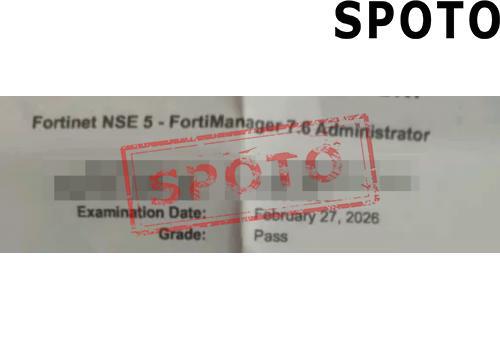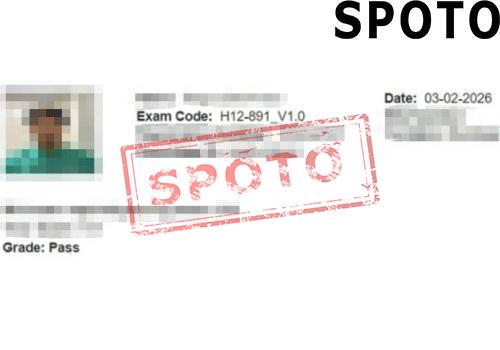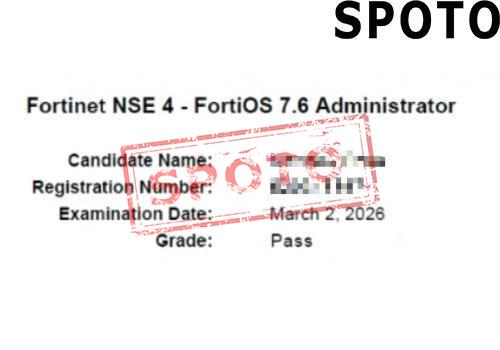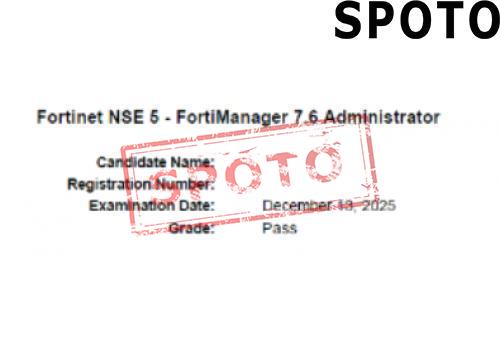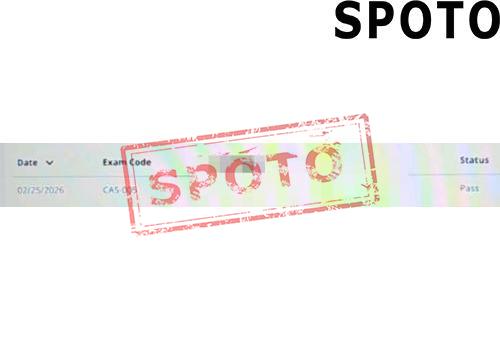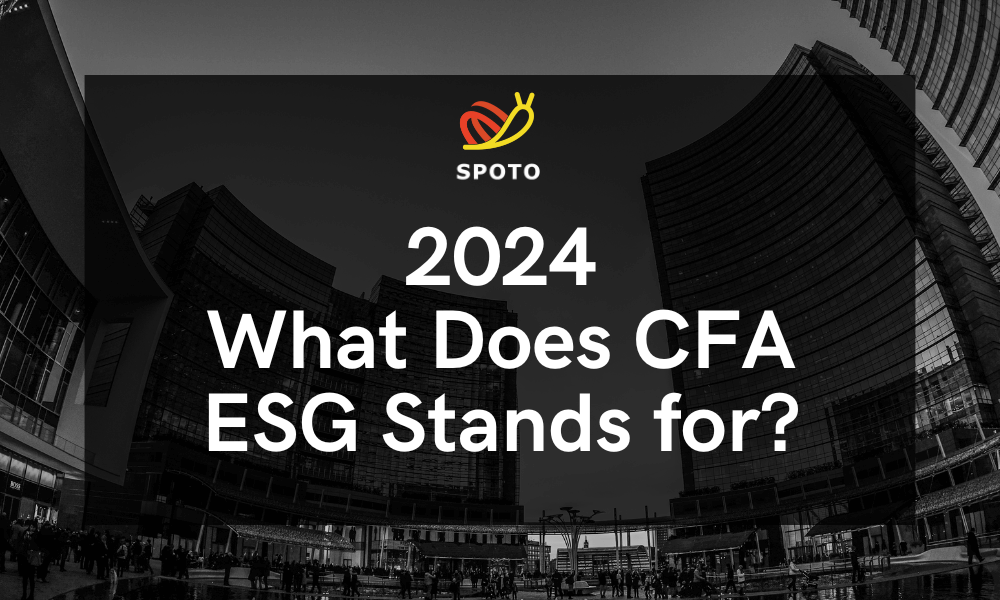
Table of Contents
- Introduction to ESG and Sustainable Finance
- What Is the CFA Institute's Sustainable Investing Certificate?
- Why Was the CFA ESG Certificate Renamed?
- What Does the Certification Cover?
- Career Benefits and Salary Potential
- Is the CFA Sustainable Investing Certificate Worth It?
- CFA Sustainable Investing Certificate vs. Other ESG Certifications
- Who Should Take the Certificate?
- Why ESG Certification Is Important in Today's Financial World
Introduction to ESG and Sustainable Finance
In today’s investment landscape, Environmental, Social, and Governance (ESG) factors are increasingly becoming core elements in portfolio management and risk assessment. The demand for sustainable investing has prompted professionals to seek specialized certifications to showcase their ESG expertise. One such prominent credential is the Sustainable Investing Certificate from the CFA Institute, which was previously known as the CFA ESG Certificate.
What Is the CFA Institute's Sustainable Investing Certificate?
The Sustainable Investing Certificate by the CFA Institute equips finance and investment professionals with the knowledge to incorporate ESG principles into their decision-making process. This globally recognized certificate is designed to meet the growing demand for responsible investing by covering the integration of ESG factors into investment analysis and portfolio construction.
Why Was the CFA ESG Certificate Renamed?
In 2023, the CFA Institute officially rebranded the CFA ESG Certificate to the Sustainable Investing Certificate to better reflect its comprehensive approach to sustainable finance and to align with broader industry terminology. The updated name emphasizes the application of ESG insights in promoting long-term value creation and sustainability in investment practices.
What Does the Certification Cover?
The curriculum of the Sustainable Investing Certificate provides a deep dive into:
-
ESG integration techniques for asset classes such as equities, fixed income, and alternative investments
-
Identification and analysis of ESG risks and opportunities
-
Understanding climate-related and societal impact considerations
-
ESG performance reporting and disclosure standards
-
The regulatory environment of ESG investing
This certificate offers practical skills and knowledge that professionals can apply directly in roles related to sustainable investing, portfolio management, ESG research, and more.
Career Benefits and Salary Potential
How Much Can You Earn with an ESG Certification?
Professionals with expertise in ESG and sustainable finance are in high demand. According to recent industry data:
-
Entry-level ESG analysts can expect annual salaries ranging from $60,000 to $80,000
-
Mid-level ESG specialists or portfolio managers may earn $90,000 to $120,000
-
Senior-level ESG roles in asset management or advisory firms can command $150,000 or more
While salaries vary based on region and experience, having a Sustainable Investing Certificate significantly boosts your marketability and earning potential in the financial industry.
Is the CFA Sustainable Investing Certificate Worth It?
Absolutely. This certificate offers:
-
Industry recognition from the globally respected CFA Institute
-
Career advancement in ESG-related roles, including sustainable finance, asset management, and consulting
-
A comprehensive curriculum that reflects the latest ESG trends, standards, and reporting frameworks
-
An opportunity to demonstrate your commitment to responsible and ethical investing
Whether you're a financial analyst, portfolio manager, compliance officer, or investment advisor, this certification can strengthen your ESG credentials and open doors to future-focused finance roles.
CFA Sustainable Investing Certificate vs. Other ESG Certifications
While other ESG certifications such as CESGA (Certified ESG Analyst) or GARP’s SCR (Sustainability and Climate Risk Certificate) also provide valuable knowledge, the CFA Institute's certificate stands out due to its:
-
Global recognition
-
Credibility in financial circles
-
Comprehensive, practical framework
-
Alignment with the latest regulatory and stakeholder expectations
Who Should Take the Certificate?
This certificate is ideal for:
-
Investment professionals
-
Asset and portfolio managers
-
ESG and sustainability analysts
-
Risk and compliance officers
-
Finance professionals transitioning into sustainable investing roles
No prior CFA charter or ESG experience is required, making this certification accessible to a broad range of professionals interested in ESG integration and sustainable finance.
Why ESG Certification Is Important in Today's Financial World
Investors, clients, and regulators are increasingly expecting financial professionals to evaluate companies not just by financial metrics, but also by their environmental impact, social responsibility, and governance practices.
Having an ESG certification allows you to:
-
Navigate complex ESG regulations
-
Provide clients with responsible investment strategies
-
Evaluate ESG risks and opportunities effectively
-
Demonstrate leadership in sustainability

